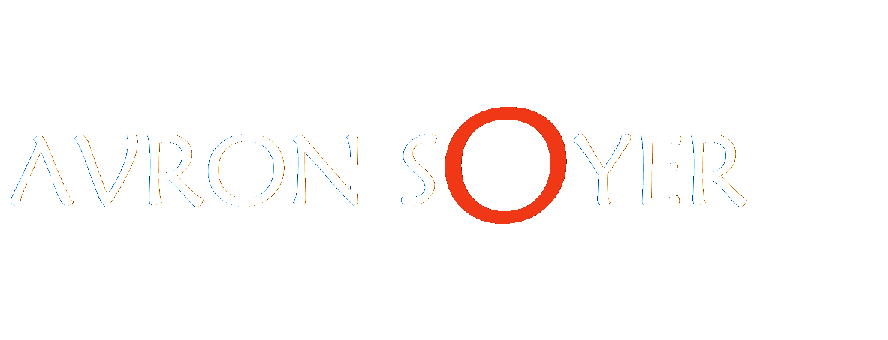Entering through Projects (1996)
1
This inquiry developed from the theoretically guided interpretation of artifacts (e.g., Plato’s Republic) to sociology as a distinct “social science” to an open foundational struggle for disciplinary self-knowledge.
2
2.1
We began in 1960 with On Plato’s Republic: A Substantive Study in the Sociology of Knowledge.
Karl Popper and Richard Crossman separately interpreted Plato’s Republic as a tribal, aristocratic, proto-fascist reaction to emerging potentialities for humanistic reconstruction. (Popper’s version is complicated by his attempt to ground a critique of world historical models on a world historical model.)
Our stated thesis was that The Republic engaged bourgeois themes including:
- Refusal to accept unexamined traditional continuity as a criteria for legitimation.
- Focus on craft as a model of reasonable activity.
- Analysis of “the system consequences” of personal-interpersonal patterns (e.g., art).
- Approval of specialized knowledge based division of labor.
- Approval of knowledge based hierarchy.
Our implicit thesis was that, what ever else it also does, The Republic articulates the emerging position of the intelligentsia within the birth of theoretical reason, and thus mediates bourgeois, aristocratic and other “perspectives.”
To demonstrate the relevance of one position (e.g., the bourgeois) to a historical object does not exclude alternatives. Sociology-psychology is not fated to commit – but can help correct – simplistic textual interpretations.[1]
2.2
In that essay I used concepts (e.g., “position” and “crisis”) and performed tasks (e.g., establishing dialogue between theory, historical process and a text) I did not examine. Moreover, I juxtaposed Plato and Mannheim without noticing that Mannheimian sociology of knowledge is a dialogue of social structural positions and “the unattached intellectual” is a dialogical mediator.
3
Passage from acceptance of sociology’s received identity as a “social science” to a foundational struggle for disciplinary self-knowledge includes the following movements:
- From identification of disciplines with professions towards direct exploration of disciplinary potentialities,
- From restriction to professionally “certified” authors towards openness to all discipline relevant sources,
- From exclusive focus on the established and repetitious towards equal concern with openness, reconstruction and unique existence,
- From obsession with prediction and control to openness to all concerns through which humanity desires and pursues self-knowledge.
- Towards openness and sensitivity to the full resources of “common language,”
- Towards relevance to the human passion for a just, compassionate and creative personal-interpersonal existence,
- Towards openness to personal voice and style
- Towards “interplay” between transdisciplinary notions (e.g. reason, dialogue, objectivity) and disciplinary requirements
- Towards an explicit methodology of reconstruction (relevant problemsinclude: literary form, movement into and in openness, discontinuous reason, and clarification/evaluation of meaning constellations)
- Towards participation in the struggle of modernity to preserve permanence in change, unity in diversity – a recognizable vital humanity – within the extended breakdown of this order of life.
End of Entering through Projects– Continue Reading Avron Soyer’s
Footnotes
[1] We abstracted along generically human lines from Karl Mannheim’s typology of political positions (104-130).
Projects
